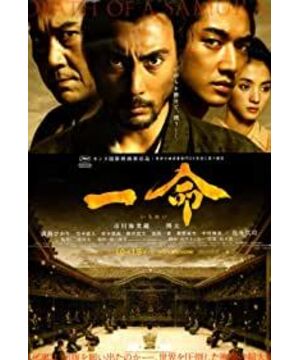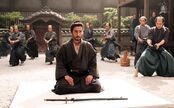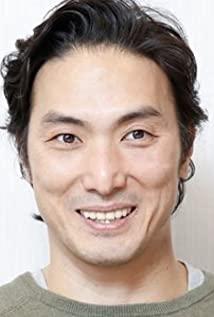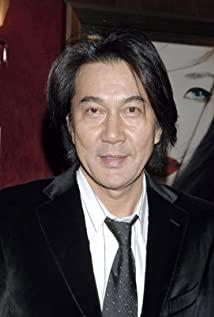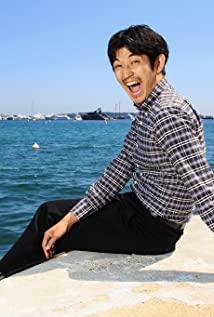I finished watching last night and this morning. I really don’t know what to say. I was moved by the exquisite setting and scenes of the play, and even more shocked by the tension of the plot. Although I knew the plot for a long time, I still couldn’t help thinking. Keep seeing the end. The most shocking thing in the film is the two unexpected appearances of Bamboo Sword. At first, when she begged to cut her abdomen, I thought that the knife that Alisma said was a blunt knife at most, but when I slowly pulled it out, it was a blunt knife. Bamboo knife. The scene of begging the woman to be unable to penetrate with a bamboo knife and wailing in pain and begging to be quick to introduce the wrong scene made herself have a nightmare all night last night. But at that time there was not much sympathy for him, because "hypothesis" was indeed an immoral behavior that was close to extortion. In order to protect the reputation of the samurai, the Ii family used this cruel method to fake it and force it to cut its stomach. Although it is too much, it seems that it should not be too much to criticize. It was not until Hanshiro went to Ii’s house to cut his belly two months later and told the elder the tragic story of himself and the girl. He didn’t know that the girl had adopted such a shameful way, only desperate to ask for three ounces of silver for his wife and children. Their situation turned out to be the result of the shogunate's cutting down of its feudal lands because of the construction of the city. At that moment, the tragic scene of begging a woman to cut her belly resurfaced, and Alisma's almost mean behavior couldn't help making people angry. When Hanshiro slowly raised the sword in the courtyard, everyone thought he was going to kill him, but only a bamboo sword came out of the sheath. The bamboo sword did not deprive the samurai who besieged him, but shattered their dignity as samurai one by one. If the previous plot is reasonable, then Banshiro's bamboo sword is absolutely unexpected. The audience never thought that they were facing such a "do not resist evil with violence" like Tolstoy. The warrior of the Creed, even if he was so restrained in his revenge, only cut off the top hair of the three Alisma. Although it does not have the beauty of the sword and halberd fight in the original version of "Cutting the Abdomen", but in the depth of thought, Hanshiro is not avenging the Ii family, not using blood to pay homage to the daughter, but like Don Quixote. De likewise attacked the so-called samurai spirit and the glory of the martial family, who was decayed and only cared about vanity and glory and ignored the livelihood of the people. In the end, the red armor of the Jing Yi family crashed down as proof. The end armor was repaired again. The elder said that Ii’s family had preserved the reputation of the samurai. This stubborn old-time machine smashed Qiu and Hanshiro’s family like a piece of meat, except that there were a few more scratches on his body. Individuals cannot shake this suffocating and hypocritical shogunate, only waiting for the wave of restoration to completely wash it away.
View more about Hara-Kiri: Death of a Samurai reviews


